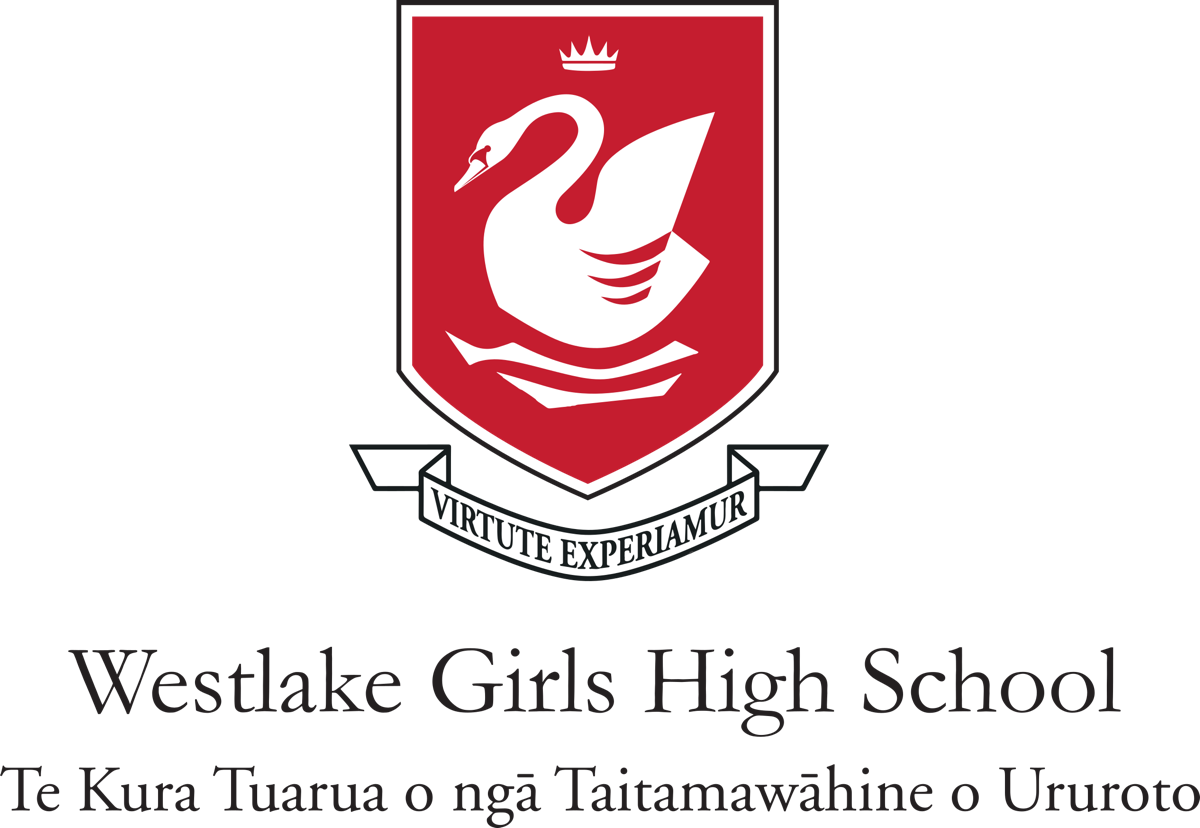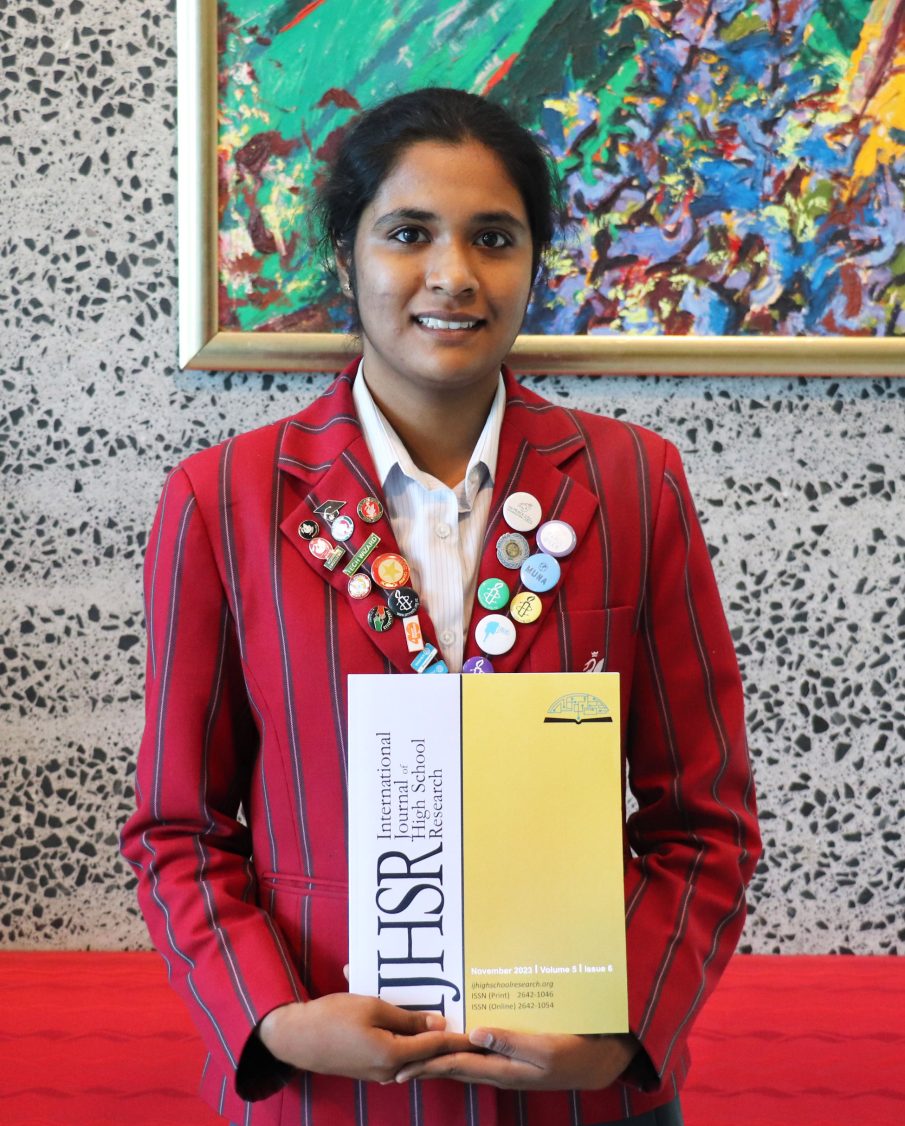Rosalind Franklin, a pioneering female scientist, said, “Science and everyday life cannot be separated”.
Over the past year, my love for biomedical research and technology advances, together with my 2.5 Biology external, fascinated me in understanding the human genome. Through my learning, it was evident that the miracles of DNA that make us distinct can unite us to solve the world’s rarest chronic diseases. A few months ago, I had the excellent opportunity to be mentored via one-on-one sessions by Stanford professor Dr Kif Liakth Ali’s lectures in worldwide online classrooms to learn the biology behind our human DNA. Based on this, our class was advised to write a research review to improve our global research skills, alongside a chance for us to delve deeply into what piqued our interest.
This research evaluation focused on Alpha One Antitrypsin, a genetic disease that can be handed down from parents to children. Being a lethal and progressive hereditary illness that is now rare in medical diagnosis is surprising given its prevalence in European communities over the previous century. AAT deficiency increases the risk of lung, liver, and skin disorders and vital organs. AAT is created in the liver and circulates through the blood to protect the lungs and liver from inflammation.
I also studied gene therapy for AAT deficiency and liver disease. This paper focused on how AATD impacts liver cells’ endoplasmic reticulum and gene therapy’s ability to reduce ER stress in hepatocytes (liver cells). AAT gene therapy is being developed thanks to gene therapy advances. Capsid engineering, NHP gene-transfer vectors, genome editing, and new animal models can improve this technique. These novel techniques could make AAT gene therapy practical and effective.
Writing this study review was enlightening and passionate, teaching me how to use medical libraries and read research papers to stay current. My mentors submitted my final article to the International Journal of High School Research (IJHSR) a few weeks later because of its exceptional and original nature. The IJHSR is an esteemed high school academic journal with six issues each year.
I am ecstatic regarding my acceptance into this esteemed journal. This success is a stepping stone for me. It motivates me to engage in other activities to make me more passionate about serving the world with my interest in science. I would also like to thank my teachers at school and my parents for their unwavering support and motivation; you are genuinely the superheroes of my life!
By Shivani Arivuchelvan.


